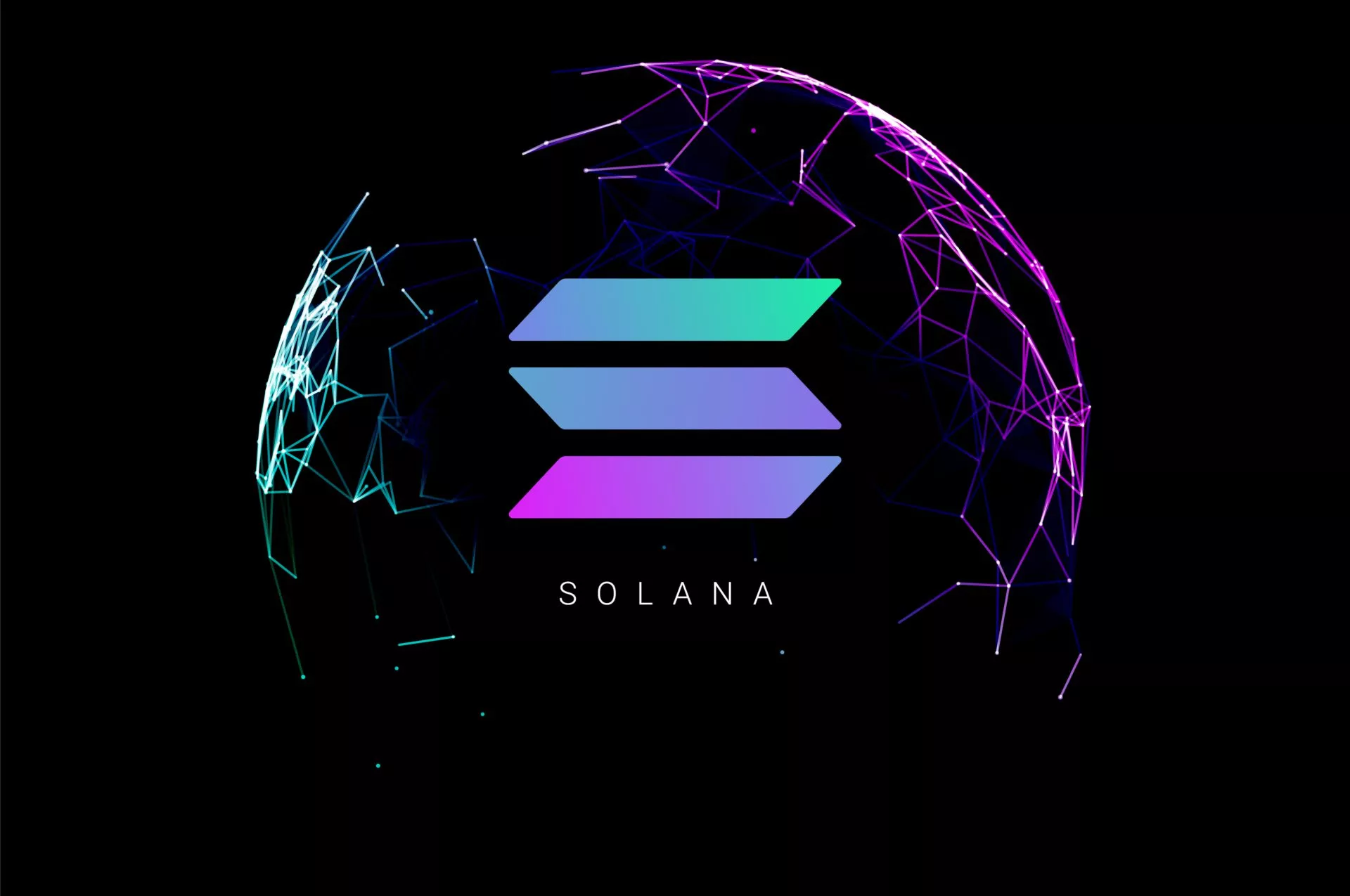The decentralized finance (DeFi) landscape was recently shaken by a significant controversy surrounding wBTC, a wrapped bitcoin asset issued by the crypto exchange BitGo. This development has sparked a conversation about the future of wrapped bitcoin on different blockchains, particularly Solana. With Ethereum’s DeFi giant MakerDAO cutting off lending and borrowing of wBTC, the situation presents a potential opening for wBTC competitors on the Solana blockchain.
MakerDAO’s Decision and Its Implications
The controversy began when MakerDAO decided to offboard wBTC from its platform. The move was driven by BitGo’s announcement of a strategic partnership with BiT Global, which is linked to Justin Sun and the Tron ecosystem. Sun’s involvement raised concerns within the DeFi community, particularly regarding the security and trustworthiness of the wBTC asset.
BitGo’s initial plan was to allow BiT Global to control two of the three keys required to manage wBTC. This sparked fears of centralization and potential misuse of the asset. In response to the backlash, BitGo reversed its decision, reducing BiT Global’s control to just one key. Despite this, the incident left a significant dent in the trust users had in wBTC.
Also Read: BitGo CEO Fires Back At WBTC Critics Amid Sun Controversy
The Opportunity for Solana
As the controversy unfolded, other players in the crypto space began to see an opportunity. Notably, Coinbase seized the moment to promote its own wrapped bitcoin product, highlighting the competitive nature of the market. However, Solana—a blockchain known for its high-speed transactions and lower fees—could be the biggest beneficiary of this situation.
The Solana ecosystem is already home to some wrapped bitcoin assets, although they are smaller in scale compared to Ethereum’s wBTC dominance. For example, Jupiter, a decentralized exchange (DEX) aggregator on Solana, holds about $70 million in wBTC through its liquidity pool. This represents a significant portion of the total $106 million in wBTC brought to Solana via the Wormhole bridge.
Diversification and New Entrants
Following the wBTC controversy, there is growing interest in diversifying wrapped bitcoin exposure on Solana. Meow, the anonymous co-founder of Jupiter and a key figure in the development of wBTC on Solana, indicated that Jupiter might reduce its reliance on wBTC. Despite BitGo’s change of heart, Jupiter remains cautious and is exploring other wrapped bitcoin alternatives.
These alternatives include tBTC and 21BTC, although their presence on Solana is currently minimal. According to data from Solscan, there are only around 75 tBTC and 11 21BTC on Solana, compared to approximately 154,000 wBTC on Ethereum. However, the controversy surrounding wBTC could provide the momentum needed for these alternatives to gain traction.
The Road Ahead
The wBTC controversy highlights the importance of trust and security in the DeFi space. As the market reacts to these developments, Solana-based projects have a unique opportunity to establish themselves as credible alternatives to wBTC. Infra, the anonymous labs lead at Raydium, a Solana-based DEX, echoed this sentiment, suggesting that the current situation could be a chance for Solana-focused solutions to carve out a space in the market.
In conclusion, while wBTC remains the dominant wrapped bitcoin asset on Ethereum, the recent controversy has opened the door for competitors, particularly on Solana. As the DeFi landscape continues to evolve, it will be interesting to see how these dynamics play out and whether Solana can capitalize on this opportunity to strengthen its position in the wrapped bitcoin market.





